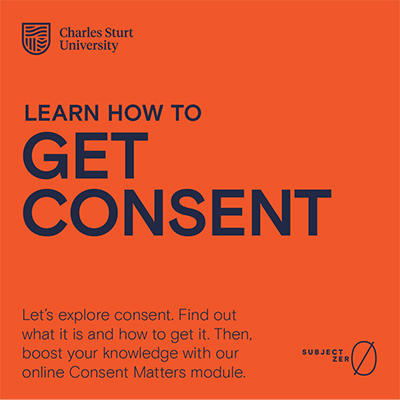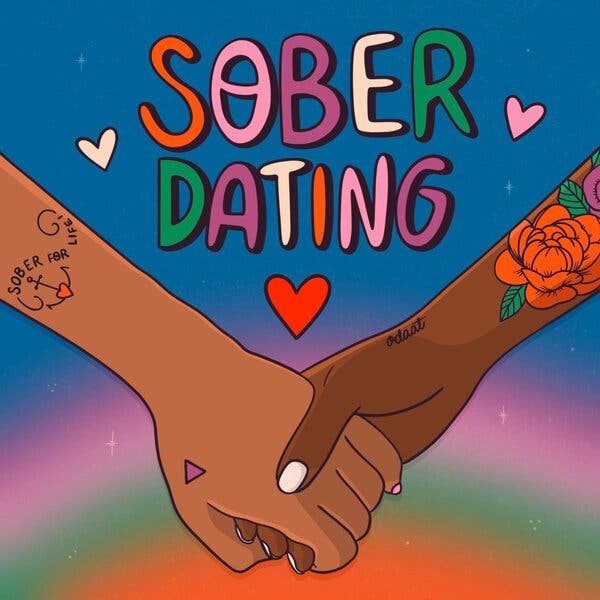
Promoting healthy relationships for youth begins at a young age. One of the best ways to do this is to talk one-on-one with adolescents. By doing so, you will be able to establish trust. Next, develop a framework to support sexual health and involve young people in your interventions.
Lessons learned at Canadian conference on promoting healthy relationships for youth
At a recent Canadian conference on promoting healthy relationships for youth, I learned that engaging youth in meaningful conversations and activities can significantly improve outcomes. Youth can take part in the learning process by participating in open-ended activities. These activities tap into youth's interests and give them an authentic experience. Open-ended activities offer youth the chance to remix the learning experience.
Indigenous youth face specific challenges. They must deal with conflicting cultural expectations, cultural identities and intercultural interactions. These problems often lead to the destruction of social identities. Youth who are deprived of social connections may be more likely than others to get involved in gangs, lack of parental modeling or engage in other criminal behavior.
Healthy relationships require early intervention to encourage healthy behavior
Healthy relationships can be promoted early in life and can be implemented through a variety of strategies. Youth-serving agencies can offer education on healthy relationship, including respect and consent. It is possible to reduce the likelihood of young people developing unhealthy relationships by getting involved with their parents. Parents and caregivers need to have regular conversations with their children about respect, consent, healthy relationships, and other topics. Teenagers are at an exciting time in their development. They can form friendships and relationships that will have a lasting impact on their lives for many years.

Counseling sessions for adolescents can be an effective tool to promote healthy relationships. Starting with age and education-appropriate open-ended questions, the counselor can help adolescents express themselves and share their concerns. Counselors must also discuss the dangers and benefits of online communication and provide reliable online resources.
The development of a sexual health framework
The development of a framework to support youth sexual health is a way to encourage sexual wellness. Although sexual activity is an essential part of adolescent development, it can also result in undesirable outcomes such as unplanned pregnancy, teen dating violence, or sexually transmitted diseases. Health care professionals should be able to provide guidance for young people about safe relationships and sex. The framework offers several practices that can enhance the sexual education of young people and help them to minimize negative outcomes.
The framework is built on an understanding that young people make sexual choices in multiple situations and for different purposes. For example, a youth may make a decision in a context of perceived social norms, sexual pleasure, and the risks associated with it. The framework explains that past experiences have a significant impact on future experiences. Therefore, failure to achieve specific outcomes is not necessarily a sign of poor health.
Talking one-on-1 with adolescents builds trust
Talking with teenagers one-on-1 is a powerful method to help them develop healthy relationships. It is vital to give boundaries to adolescents and to actively listen and respond to their needs and concerns. It's also important to reinforce the importance of consent and to help them recognize unhealthy relationships. You can help your child quickly get out of an unhealthy relationship by asking them about it.
A one-on-one conversation helps adolescents to be more independent and take control of their own health. In a safe environment, they can ask questions about their own health. Talking in private with teens helps them to open up. Teenagers can feel embarrassed discussing their personal issues in front parents.
Identification of adolescents at higher risk

Recognizing and nurturing healthy relationships among youth is an important step towards reducing violence. The CDC provides resources to help youth develop healthy relationships. This program is for 11-14-year-olds and has multiple prevention components. Visit the CDC to learn more about this program.
Research is being used more often to identify adolescent vulnerabilities by using scientific knowledge. They can reduce the gap between measured and perceived risk by analysing existing data. These data can be used to inform programs and policies that address these risks, and promote healthy relationships among youth.
FAQ
I am having trouble trusting my boyfriend after he cheated. What should I do to make him trust me again?
Trust is a big part of any relationship. Without trust, two people can't connect.
Love can lead you to betrayed if you're in it for the right reasons. In the hope that they will treat your well, you give your heart to another person. You trust that they won’t let anything happen.
Sometimes things don't go as planned. Your boyfriend might cheat on you. You might lose your job or he may cheat on you. He might even get hurt.
You will feel betrayed in either case.
You may also feel confused. This is what happened. How could he betray me like that? Why didn’t my friend tell me sooner about his plans?
All these questions are valid. However, these are valid questions.
What does it mean, to forgive him? Does forgiving him really change anything? Is it possible with him to be in a loving and devoted relationship again?
These questions will help you decide what your next steps should be.
You can forgive him and move ahead. You can attempt to repair the damage caused by his actions.
If you don't forgive him, your relationship will likely end. He has broken trust in you. It's pointless trying to rebuild it.
You need to be open to all possibilities.
How can I overcome a breakup?
A split is difficult to manage, especially if your ex was hoping to come to an agreement.
However, you can learn how to cope with breakups. Follow our advice and you will be able move on from the split quicker.
First, keep in mind that most relationships aren't lasting. This means that your ex will likely see you again.
Secondly, you should try to look back at the good times you had together. These moments will help you feel positive about the future.
Third, you need to examine your behavior during the breakup. Did you treat your ex poorly?
If they did, then they should be apologized to. So, they will see that you've made a change.
Avoid fighting or engaging in arguments. Instead, talk it through calmly.
Don't forget to repair ties with your ex-partner. You just need to put in a little effort.
What is most important for a loving relationship?
Trust is the key ingredient to a successful partnership. There is no stopping you from reaching great success together if your partner trusts you.
Trust can't be forced. But you can create an environment where people feel safe to share their secrets and vulnerabilities. This helps people feel more connected and is a better way to get to know one another.
But how can you create trust? There are two options. One way is to earn it. It's possible to earn it by showing clients you care and are dedicated to their success.
Giving it away is another option. Share your knowledge and expertise to make it available. Share your wisdom to help others learn and avoid similar mistakes.
Trust is built through showing your clients that it's important to you and your commitment to helping them achieve all their goals.
When you share your expertise and knowledge, trust is earned. Teaching others earns you respect. This respect can lead to trust.
Therefore, if trust is something you desire to build, start by earning it. Then, once you have their trust, you can use it to help them reach new heights.
How long does it take to dissolve?
People wonder sometimes how long it takes to split up and whether it's worth the effort. The truth is you will not always be able to end your relationship, no matter what you do.
If you want to end things with someone that isn't open to listening, it may take longer than usual.
Even if you've tried everything, you still might not be successful. This is because some couples simply aren't meant to be together.
First, talk to the person you are thinking of ending your relationship with. Explain to them that you've made a decision and ask them if they agree with it.
If they agree, you should continue with your plan. However, if they disagree with your decision, then you should reconsider your options.
Statistics
- The story they tell predicts with 94% accuracy whether they will divorce in 3 years. (time.com)
- Meanwhile, a 2010 study of twenty-three thousand married couples found that the similarity of spouses accounted for less than 0.5 percent of spousal satisfaction. (time.com)
- It's less than 1% of the variation in overall marital satisfaction. (time.com)
- If you expect to get what you want 100% of the time in a relationship, you are setting yourself up for disappointment. (helpguide.org)
External Links
How To
How to start a romantic relationship correctly
People don't require a large amount of money to create unforgettable experiences. Only two things are needed to create memorable experiences for people - passion, and persistence.
Passionate people who wish to make a positive impact on the lives and livelihoods of others. Persistent and persistent people will keep at it until the end.
All you have to do to start a relationship is:
-
Look for people who share your passions. They could be close friends, family, coworkers and neighbors, or classmates.
-
Get to know your friends. Ask lots of questions. Find out about their likes, dislikes, and interests. What motivates them? How did they get to where they are today
-
Share your passions with them. Show them what you love doing. Let them know what excites your heart.
-
Give back to them. Help them out whenever possible. Be generous. Pay attention to the details. Listen to what they say.
-
Keep working together. One day you'll look back and realize that you've been building a great friendship.
-
Keep your head up! Negative people do not want to be around.
-
Enjoy life! Life's too short to spend it stressing about stuff you can't control.
-
Have fun. It's more than just work and money. There's more to life than that.
-
Give your best effort to build relationships. Treat people as you would like to be treated.
-
Be humble. Remember that everyone has strengths as well as weaknesses. You're no different.
-
Take chances. You can discover your limits by going beyond your comfort zone.
-
Love deeply. You can expand your heart when you are open to another person.